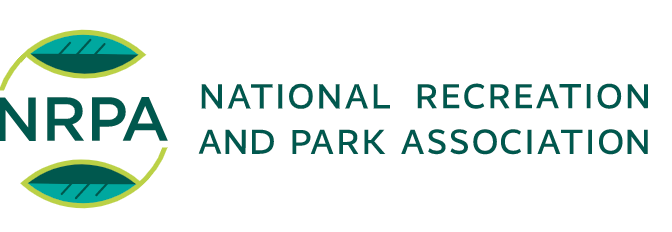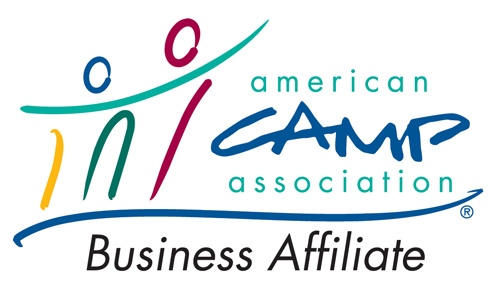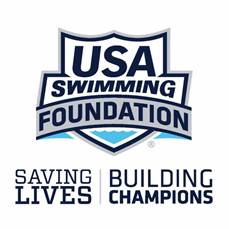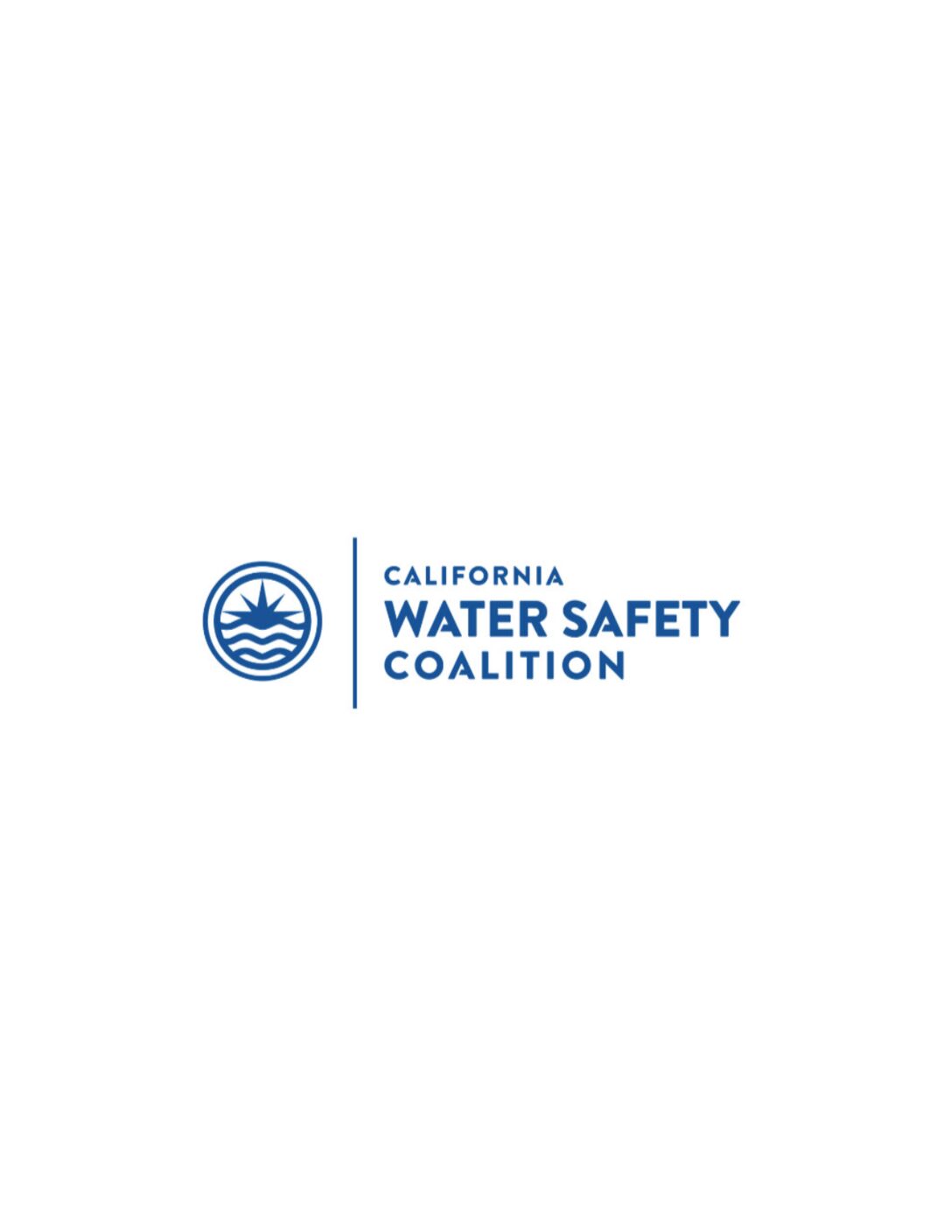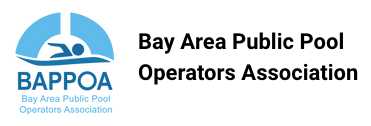
Everything You Need to Know About Lifeguards and the Importance of Having One at Homeowner Associations
During warm weather, many homeowners association members look forward to having fun under the sun and taking a dip in the community pool. If your homeowners association or HOA has a pool that is accessible to your residents and their visitors, there are likely safety concerns for everyone who is using the pool. After all, safety should be a priority because serious accidents or injuries do occur.
Having a lifeguard on duty can help prevent these unfortunate occurrences. Nevertheless, hiring a certified lifeguard can be costly. That is why the HOA needs to weigh the advantages and disadvantages of hiring one and if there are other options on how to maintain pool safety.
If you are a board member or a concerned member of the HOA, you are probably wondering whether lifeguards are necessary to your community. In this article, we will tackle everything that you need to know about having an HOA lifeguard and why your community may need one.
Advantages and Disadvantages of Getting an HOA Lifeguard
A trained HOA lifeguard at your community pool can help prevent accidents and injuries from happening. Moreover, they can protect swimmers, especially children, from dangerous situations like drowning and death.
A lifeguard who is properly trained, certified and has the needed swimming abilities is more likely to know what actions to take in case an emergency occurs. Aside from making sure everyone is safe, they can also perform other pool tasks such as maintaining the pool, cleaning the area, and welcoming the guests if needed.
Lifeguards also ensure that swimmers follow the rules in using the pool to maintain a calm environment for all guests who want to relax and enjoy. Keeping an orderly pool where lap swimmers and bathers can coincide peacefully is key.
Depending on the size of your aquatics facility and the number of water features on-site such as slides, lazy rivers or splash pads, it might be in your communities best interest in obtaining lifeguard management services. Our company, The Swimming Swan very closely follows the MHAC, the Model Health Aquatic Code and we are Licensed Training Providers of the American Red Cross. It might be a good idea to have an on-site facility visit so we can walk through the facility and come up with a best practice plan. The larger the facility, the more risks.
For the disadvantages, professional lifeguards have all the training, required certifications and the good ones have insurance, so hiring one can be costly. Moreover, they are hard to find in remote areas and you might be tempted to get an untrained lifeguard that does not have the necessary skills, training or certifications needed. Consequently, they may not get the job done, and this will make your HOA liable in case of any problems.
What to Consider When Hiring an HOA Lifeguard
If you are still deciding if an HOA lifeguard is necessary for your community or not, here are some considerations you can take into account.
- Training and Certifications
As mentioned, one of the challenges of getting a lifeguard for your HOA pool is finding one that has all the needed training, certifications and someone who is insured. It is not recommended to just hire a teen to keep an eye out who does not meet the standards.
As you search for a lifeguard, you should keep in mind that not everyone is trained to be one. The last thing you want is to hire an untrained, uncertified and uninsured lifeguard as you may be prone to legal actions when an accident occurs. A good safety tip - make sure your lifeguards are doing quarterly in-services where they are practicing real-life skills at your facility such as Emergency Action Plans (EAP's), make sure all zones are covered in the pool, and make sure your lifeguard is aware of what the steps are in case there is an emergency. Who contacts 911? Is there a designated phone line for emergency use? Do you have the proper equipment including an AED and backboard on-site in the event there is a spinal injury?
- Your State
Rules in hiring lifeguards may differ depending on the state. Therefore, it would be better to review the rules and consult a lawyer to have a better understanding of the options you have and the possible risks that may happen. Because of the responsibility they have, you should get a lifeguard that is trained, certified and insured.
- Expenses
Many HOAs do not hire a lifeguard because of the costs associated with it. There's a few items to keep in mind with costs - first, if you are hiring lifeguard management services through a reputable agency there are safety metrics in place and added insurance layers built in. This might help with the pool insurance costs.
- Number of Residents
Depending on the resident population in your community, the number of pools and aquatic features you have - will directly relate to the number of lifeguards needed. We know you aren't a seasoned aquatics professional which is why our team includes Aquatic Facility Operators who look at the site maps when developing the safety plan and perform on-site visits.
- Liability
Before hiring or firing lifeguards in your HOA pool, it is a good idea to consult a legal expert. If an accident or other incident occurs, residents can file a legal case against your HOA, so having enough insurance coverage can come in handy.
When you assess the dangers of your HOA pool, you will notice that there are possible liabilities that can be easily seen while others may not. Some obvious risks are slipping, falling, or drowning.
Others that you might overlook are pool chemical management, pool staff, and water quality. Knowing how to assess the risks is crucial so that you can address them as soon as possible if they arise.
How to Ensure Safety If There Is No HOA Lifeguard
If you think otherwise about hiring a lifeguard for your community pool, worry not! There are still other ways to keep the swimmers safe. They’re as follows:
- Create Your Policies
You must be familiar with the laws in your area since stipulations differ from every state. Some states have amended their regulations that require communities to have at least 2 lifeguards if they have pools bigger than 2,000 square feet surface area.
However, homeowner associations that don’t have one can create their own policies that keep the residents in check. The policies should let the residents know that they will be using the pool facility at their own risk. It should also indicate that children should not swim without adult supervision.
Though this has always been the case, there have been modifications allowing municipalities to be stricter in enforcing the rules. Though there can be exemptions for the requirements, there should be no gray area. It means that it can either be completely exempted or not. Remember to comply with the requirements if you choose to hire a lifeguard.
- Hire a Pool Monitor
If you cannot find a lifeguard or your budget does not allow it, your HOA can consider hiring a pool monitor. Pool monitors are tasked with checking registered guests in and making sure the CDC guidelines of social distancing are followed. They can also assist bathers by answering any questions, keeping the clean pool, and making sure that rules and regulations are followed. It's very important to note that pool monitors are not the same as lifeguards. Therefore, you should not consider them as a replacement for lifeguards.
- Place Clear Signs
Besides, if you have a pool monitor, your HOA is still required to have clear signage that there is no lifeguard. Though these rules are self-explanatory, it is best to remind the people through prominent signs about them. Some people are argumentative, so they would find ways to blame someone for their mistake or for the mistake of someone they know.
If there are no signs, they can argue that the pool management should have informed them of things like the pool is slippery or that children should not be allowed to run.
The sign should be seen clearly by swimmers.
Also, there should be signs that prohibit children from going to the pool without an adult supervising them and signs saying that adults are not allowed to swim alone. You can also include these signs, among others:
- No pushing into the pool
- No diving
- No glass bottles around the pool
- No swimming after drinking alcohol
- No electrical gadgets allowed in the pool area
- No swimming when raining
Also, HOA members ought to make their policies about using the pool unattended. These policies should make swimmers understand the risk of using the pool and parents and guardians are accountable for the safety of their children. If there is an emergency, swimmers can call 911 right away or reach out to the HOA management. Also, one of the rules is that all residents sign a release of liability document each year.
As required by the law, it is recommended to post a lot of signs such as “Swim at Your Own Risk” or “No Lifeguard on Duty.” After the operating hours, make sure that the pool area is secured. It is also best to always remind swimmers of pool safety so as to avoid any sudden accidents.
Conclusion
Finally, you have a better understanding of the importance of an HOA lifeguard. Deciding on whether to hire one or not depends on the situation of your community.
Before you decide, you should take note of the pros and cons to consider when hiring an HOA lifeguard. If you cannot hire one, keep in mind that there are liabilities. Nevertheless, there are actions that you can take to prevent this from happening as aforementioned.
For more information, please see: Lifeguard Homeowners Association services.
This article is brought to you by The Swimming Swan





